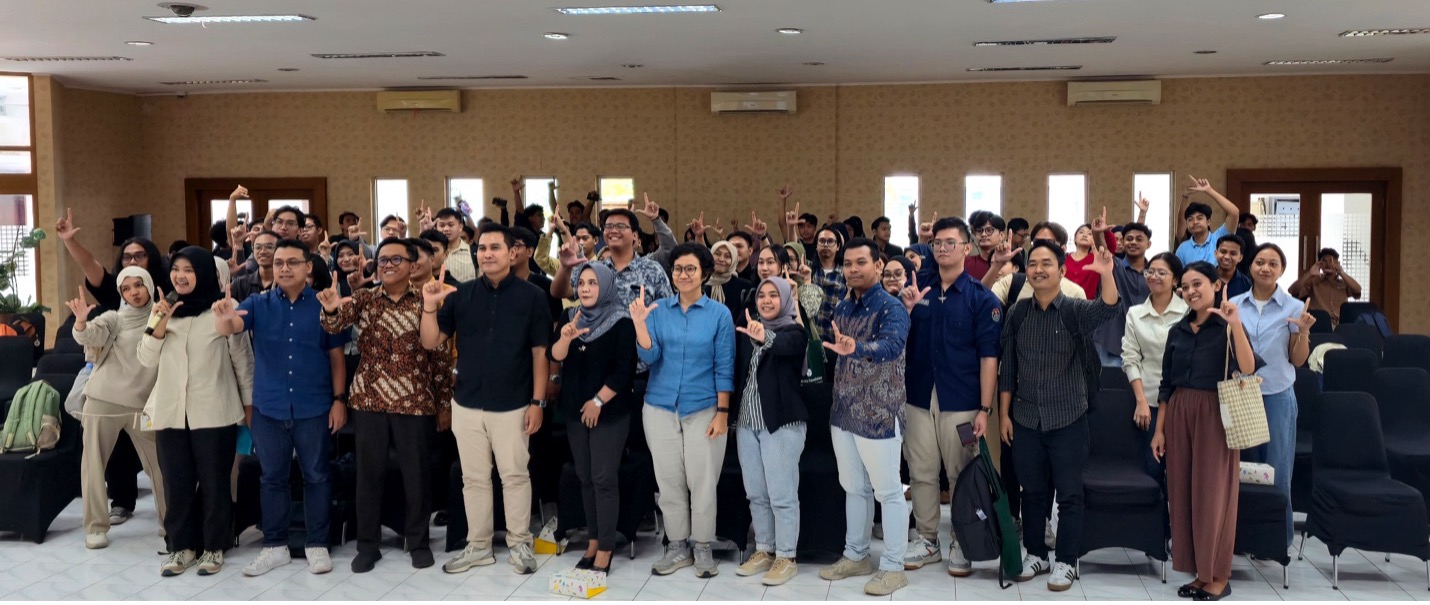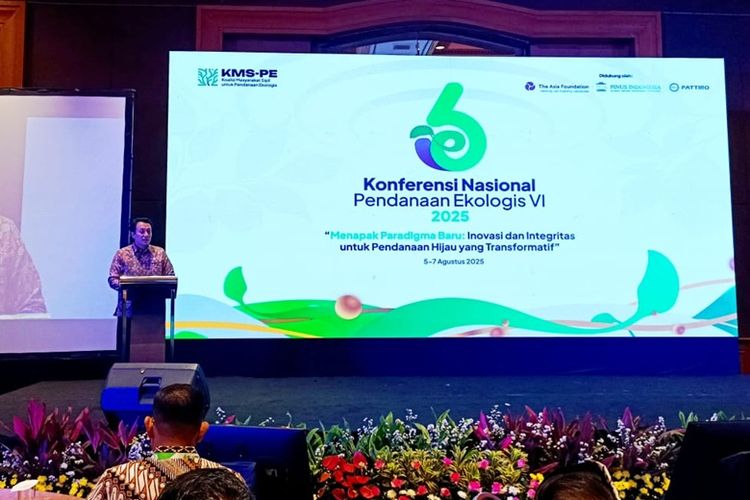
The existence of Law number 6 of 2014 concerning Villages (Village Law) is expected to bring more prosperous residents in the Village through 4 (four) main aspects, namely fulfillment of basic needs, construction of facilities and infrastructure, development of local economic potential, and utilization of natural resources and environment (Article 78 paragraph 1). To support Village Development, there will be a sizable allocation of funds flowing into the Village. Article 72 paragraph (4) stipulates that at least 10% of the regional transfer funds in the State Revenue and Expenditure Budget (APBN) will flow to the village. Based on the budget simulation, each village will receive an average of IDR 1.44 billion in 2014.
In order for these funds to have a significant impact on the welfare of the villagers, the Regional Research and Information Center (PATTIRO) argues, it is necessary to make careful planning for their use. A plan without a budget is a dream, and a budget without a plan undermines transparency and accountability and is prone to fraud. Therefore, Village development planning as mandated by Article 79 and Article 80 is the main factor to be carried out properly, correctly and simply in the process.
PATTIRO sees several important things that need to be considered from village development planning. First, Village development planning must be able to cover priority welfare improvement programs in the document. With such a large flow of funds, it is certain that the Village will become an attractive target for many interest groups, both from within the Village itself and from outside, who can “ride” Village development planning so that the main goal becomes the ideals of the Village Law itself. not achieved. These groups will mutually claim that the Village development program proposal they submit is the best and most appropriate to implement.
Even though Article 80 paragraph (4) has set priorities, programs and needs for Village Development, if there are new efforts that have not been covered by village planning documents, it is necessary to hold a review forum for Village Development Planning Meetings (Musrenbangdes) in preparing Village development plans. PATTIRO suggested that the review effort be carried out by paying attention to the vulnerability factors that threaten welfare and often occur in villages, namely high rates of poverty and unemployment, as well as low levels of health and education. With the aim of suppressing the vulnerability factor in planning, the effect of Village development planning will have a significant impact on increasing the welfare of the Village community.
The next important thing is how to synchronize Village development plans with development plans at a higher level, namely regional and national level development plans. Article 79 paragraph (1) confirms that Village development planning is prepared with the authority for Regency/City development planning. The existence of a district/city vital role in accommodating and disbursing village funds after a program proposal from the village will pose its own challenges. The varying capacities of districts/cities in assisting villages can result in the use of DAD (Regional Allocation Funds) in villages that are not in line with the district/city development goals and priorities.
The face of village planning which is able to leverage village welfare improvements, is mandated to the village head and his apparatus. The problem is that there are still many villages that have not been trained to compile village development planning documents. To overcome this problem, PATTIRO sees that the government’s commitment to village empowerment is needed in the form of government policies regarding planning in relation to fund transfers. Alternative policies that can be taken by the government include; first, using planning as an aspect that limits village community access to fund transfers. This means that villages that are unable to prepare documents will not be transferred to the allocation of funds they are entitled to. This policy will effectively force the village to make a plan but it is necessary to watch out for the emergence of “brokers” in the preparation of planning documents which may be played by educated people who live in the village or government officials in the super-village.
The second policy alternative is to assign an employee in charge to provide assistance. This alternative on paper reveals the government’s complete commitment to empowering villages. However, if the system of transparency and integrity is not strengthened, loopholes remain open for individuals to take advantage of this activity. Incentives can formally be obtained by these persons informally because of closeness to the device being guided. This will also open up loopholes for integrity violations.
The third policy alternative is that the government provides consultants nationally or optimizes programs that are nationally already in villages such as the PNPM Mandiri Rural program. This alternative has been implemented for several years, but it must be ensured that its existence is not just carrying out a law administration regime, so that it is able to leverage smart community ideas and practices in identifying village potentials and problems to be processed into strategic development plans.
Village planning must also be able to strengthen the social capital that has been the strength of the village. Of course, we all don’t expect the inclusion of money transfers to move and reproduce problems in the city to occur in the village where everything is always converted to money. The impact of this misunderstanding can be sustainable which in the end reduces the resilience of village communities in living life. Because they no longer help each other and help each other and work together in the ties of village social capital.
Jakarta, 20 March 2014
Sad Dian Utomo | Executive Director PATTIRO
saddian@pattiro.org | 0812 800 3045
Contact Person:
Ahmad Rofiq | Monev Specialist
rofik@pattiro.org | 0813 9315 3564





